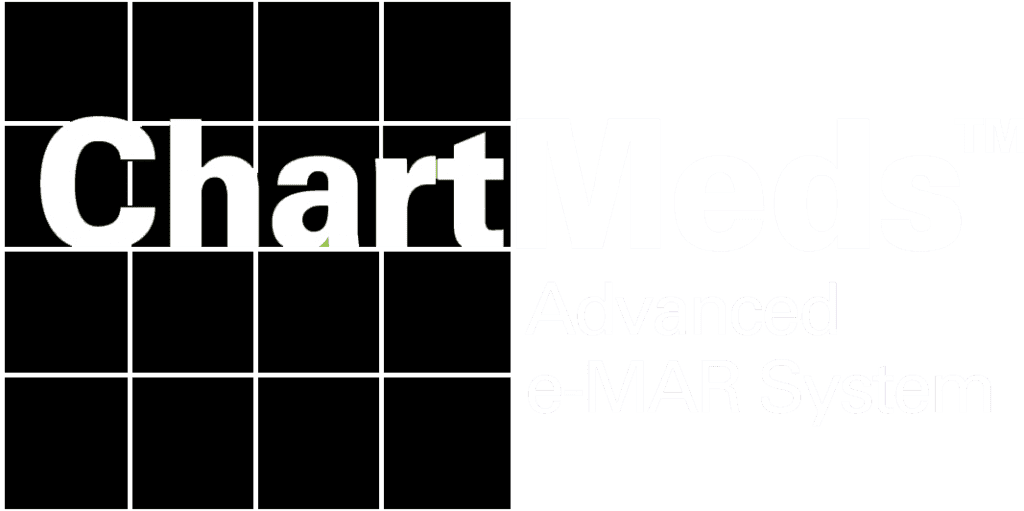In today’s healthcare landscape, the efficient management of revenue cycles is crucial for the financial stability and sustainability of healthcare providers. The process, known as healthcare revenue cycle management (RCM), encompasses various stages from patient registration to payment collection. Traditionally, RCM has been approached with standardized methods, often overlooking the individual needs and preferences of patients.
However, the concept of personalized care is changing the game, offering a revolutionary approach to RCM that prioritizes patient-centric strategies tailored to the unique circumstances of each individual.
Understanding the Healthcare Revenue Cycle Management (RCM)
Healthcare RCM involves a series of intricate processes aimed at optimizing the financial operations of healthcare providers. From the moment a patient schedules an appointment to the point of payment collection, every step plays a crucial role in ensuring seamless revenue flow.
Key components of RCM include patient registration, insurance verification, coding and billing, claims submission, and payment collection.
Efficient Revenue Cycle Management (RCM) not only ensures financial stability but also improves operational efficiency, thereby reducing costs for healthcare providers.
The Concept of Personalized Care in Healthcare RCM
Healthcare revenue cycle management (RCM) can be personalized by tailoring processes to meet individual patient needs and preferences. It goes beyond the one-size-fits-all approach, acknowledging that each patient’s journey is unique and requires customized solutions.
By embracing personalized care strategies, healthcare providers can enhance patient experience and satisfaction, leading to better outcomes and stronger patient-provider relationships. Personalized care fosters trust and loyalty as patients feel valued and supported.
Implementing Personalized Care Strategies in Healthcare RCM
Implementing personalized care strategies in healthcare RCM begins with understanding and assessing patient needs and preferences. This may involve collecting demographic data, conducting surveys, and analyzing patient feedback to gain insights into their preferences. Once patient preferences are identified, RCM processes can be customized accordingly.
For instance, streamlining registration forms, providing clear explanations of insurance coverage, offering flexible payment options, and automating claims submission can all contribute to a more personalized and seamless experience for patients. Leveraging technology and data analytics further enhances personalized care, allowing for predictive analytics, real-time updates, and remote monitoring to optimize care delivery and revenue forecasting.
Challenges and Barriers in Implementing Personalized Care Strategies
Implementing personalized care in healthcare revenue cycle management (RCM) poses challenges and barriers despite its promise to revolutionize the industry.These hurdles can range from regulatory compliance and data privacy concerns to integration issues and resistance to change within healthcare organizations.
In the healthcare industry, the protection of patient confidentiality is of utmost importance due to regulatory compliance and data privacy concerns. Healthcare providers must comply with complex rules and regulations, such as HIPAA, to secure patient information throughout the RCM process. Any violation of these regulations may result in severe consequences, including legal penalties and damage to the provider’s reputation.
Despite the challenges, personalized healthcare has significant benefits for RCM. By overcoming these hurdles and embracing personalized care strategies, healthcare providers can enhance patient experience, improve outcomes, and ultimately drive better financial performance. With the right approach and commitment to patient-centric care, personalized care has the power to revolutionize healthcare RCM for the better.
Overcoming Challenges and Barriers
Despite the benefits of personalized care in healthcare RCM, there are challenges and barriers that need to be addressed. Regulatory compliance and data privacy concerns must be carefully managed to ensure adherence to HIPAA regulations and other legal requirements.
Integration and interoperability issues may arise when implementing new technologies or systems, requiring careful planning and coordination. Resistance to change and cultural shifts within healthcare organizations may also pose challenges, highlighting the importance of education and change management strategies to facilitate adoption.
Conclusion: Elevate Your Revenue Cycle Management with Personalized Care
As healthcare providers navigate the complexities of revenue cycle management, embracing personalized care strategies can be a game-changer. By prioritizing patient needs and preferences throughout the revenue cycle management process, healthcare providers can improve patient experience, achieve better outcomes, and establish stronger relationships with their patients.
To learn more about how personalized care can revolutionize your healthcare RCM, contact us today. Let’s work together to elevate your revenue cycle management and deliver exceptional care to every patient.









